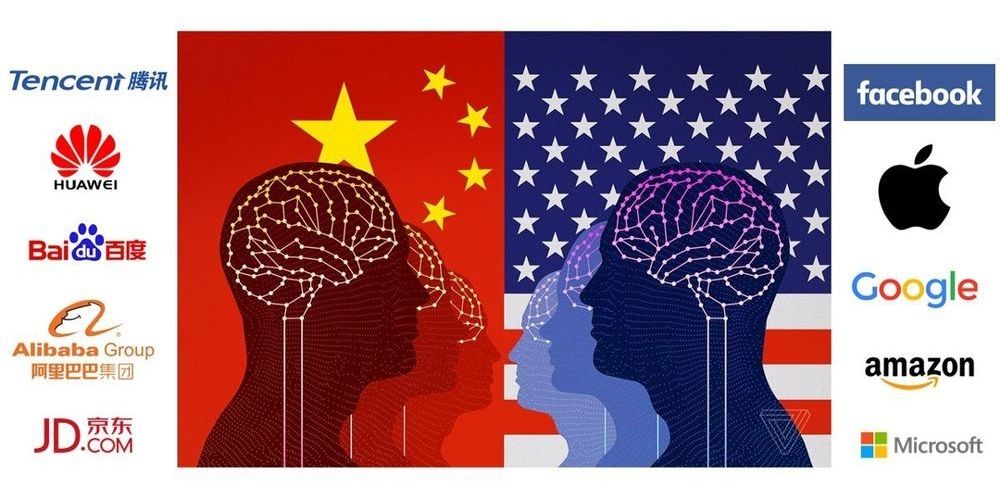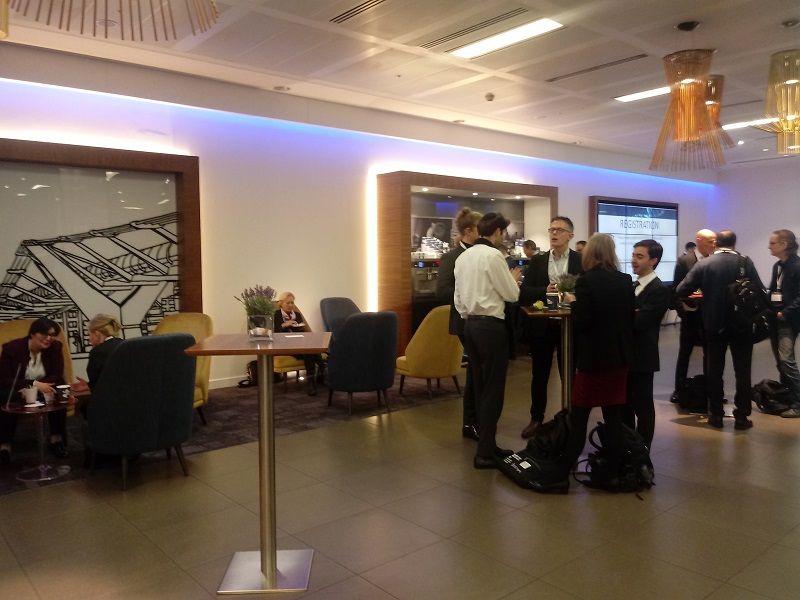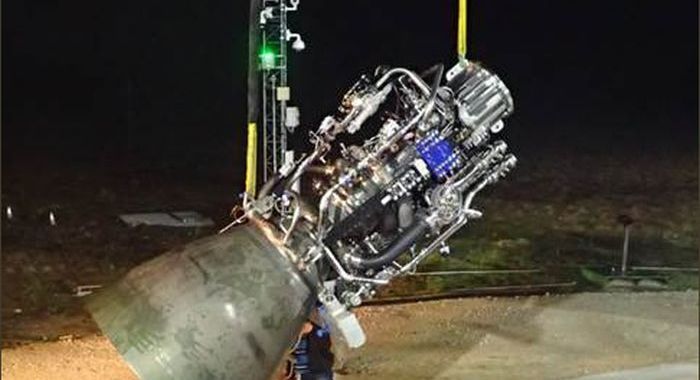How competing software, hardware and political ideology could accelerate existing divisions in humanity into the future
It’s been great to get people’s thoughts and feedback on the last article on “The iPhone 20”. Some of your responses considered that given Apple’s business model is effectively a walled garden, this makes any integration with the human body very unlikely in the future.
That’s why in this article, rather than focusing on Apple, I’ll look to explore some of the ways tech companies and organisations (including government bodies) will compete on software, hardware and protocols that will shape humanity’s journey to 2029, which may accelerate our existing divisions that stifle collaboration and splinters our future societies.







